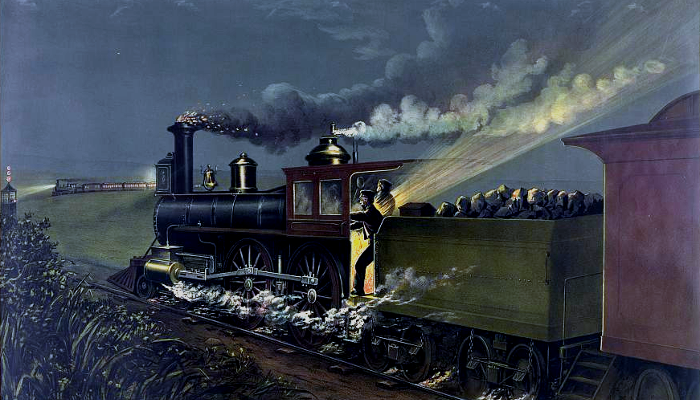
Whenever I hear some storytelling practitioner say that “All stories need a crisis,” I bristle. I’ve found that the word confuses budding storytellers because it conjures images of epic situations rarely seen in day-to-day business activities.
Just look at the way the word is used on the Six O’Clock News:
- Crisis in Ferguson
- Cuban Missile Crisis
- Crisis on Wall Street
Most business situations never come near events with such colossal stakes.
Instead of searching for a crisis to write about, business storytellers should pay attention to the small problems that customers deal with daily. The best business stories are found within the ordinary as opposed to the extraordinary.
I’m not saying that a crisis can’t occur in a business story. They just never occur spontaneously. Most crises result from a series of flawed little choices that compound over time.
For example, someone may experience the crisis of blowing out a tire at sixty-five miles per hour, but the event began weeks before when the customer chose to ignore a low-pressure warning. Or, the group didn’t just find themselves wandering the desert suffering from dehydration. Their problem began earlier when they ignored advice to bring water on their hike.
Don’t let the experts scare you. Most business stories don’t need a crisis. In fact, some of the best business narratives teach customers how to avoid them.
Photo Credit: Library of Congress